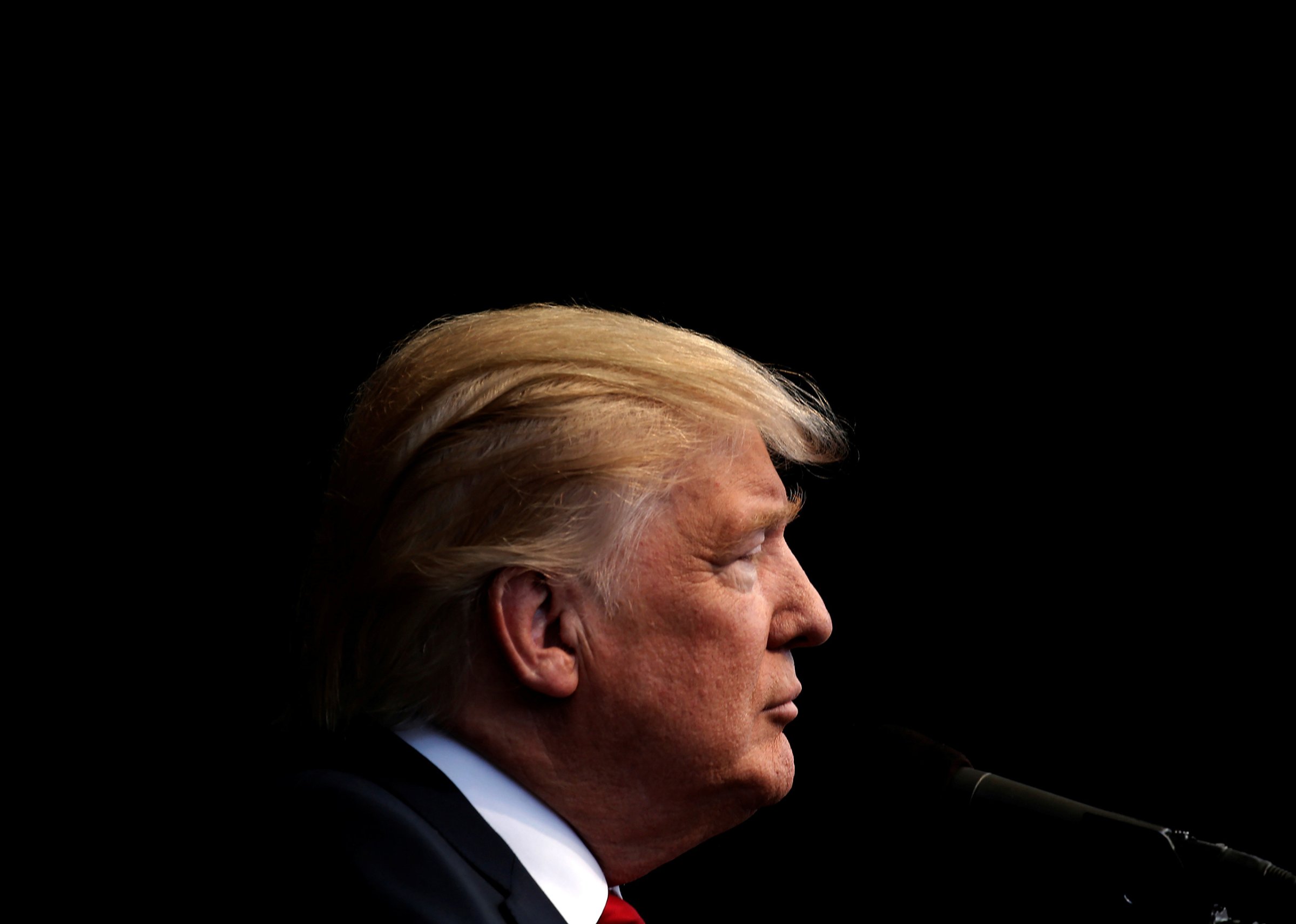
Donald Trump spent the hours after he won the White House perched in his 26th-floor office as a long line of well-wishers cycled through with grand ideas about his government. The President-elect contemplated his visit to the White House the next day to set in motion one of the most unexpected transitions of power America has seen in its history. But first: something special. As he gazed out on Central Park, Trump mused about a weekend victory tour to places that delivered his surprise win, sending aides scurrying to prepare. Trump had fed off the energy of his audiences for the 17-month campaign, and he wanted one final fix. He was a winner, and winners are rewarded.
Trump’s aides, who themselves were just coming to grips with the enormity of the task they faced, nearly all implored their boss to focus on the decidedly unsexy task of putting together a government instead. In the end Trump agreed, and in the process perhaps revealed the most important lesson of his first week as leader-of-the-free-world-in-waiting: only when he faces a united front will he reverse one of his decisions. It was an all-voices-on-deck moment for the Trump-whispering group of advisers known as the Foxhole amongst themselves, and as the Avengers to the outsiders.
If the week after Election Day is designed to be a pageant of peaceful transition, it is also a period for the brutal consolidation of power. The winners decide who from the campaign stays and who goes, while losers lick their wounds and look for answers. In the aftermath of Election 2016, those dramas played out for the American public like never before, plus they got a close look at the 45th President as he started working out both in private and in public what sort of leader he would become.
Surprise is almost always part of the deal. During one lull in daydreaming on Nov. 9, Trump picked up the phone and had a brief conversation with the man who for months had been working to move the political operation from a New York campaign to a Washington machine. “Are we all set?” he asked New Jersey Governor Chris Christie, a longtime pal who combined governing experience with brashness to rival Trump’s. It was a work in progress. On Election Day, Christie had signed the legally required memorandum of understanding with the White House to begin the formal transfer of power. But the entire Cabinet-in-waiting was an open question, along with everyone at the White House, from the party planners and receptionist to his top policy wonks and the men and women who would explain it all to the public.
In the American system, a President has more than 4,000 political appointments to begin filling in the crucial weeks between election and inauguration. Christie had made many trips to Washington to set up a transition, but progress had slowed as the polls seemed to indicate no such effort would ultimately be needed. It wasn’t long before the first transition to take place was Christie’s. The New Jersey governor had never been a favorite of conservatives, or of Trump’s son-in-law Jared Kushner, whose father Christie had sent to jail years ago for making illegal campaign contributions, tax evasion and tampering with a witness. By Nov. 10, Christie had breakfast with Vice President–elect Mike Pence in New York, and it wasn’t long after that Pence had replaced Christie as transition chief. Christie could stay around with a title if he wanted, but everyone suspected his days as a member of the formal inner circle were over. Days later, even those close to Christie, like intelligence expert and former Representative Mike Rogers and Christie attorney William Palatucci, would be purged as well. Pence subsequently called Rogers, trying to bring him back. Christie was still fielding calls from Trump after the shake-up. “This thing is heading into a bridge abutment. It didn’t have to be this way,” one senior Republican involved in the transition said of the turmoil. “But it is.”
There was little doubt about who in Trumpland signed Christie’s execution order. Kushner, 35, the boyish-looking son of another real estate magnate, who is married to Ivanka Trump, had been the hidden hand within the campaign since June, when the family became convinced his existing team was ill-prepared for the challenge of running a general election. Kushner, a real estate and media executive, had little experience in elective politics or governing. But with his unfettered access to Trump and his cherished older daughter, he came to become the shadow campaign manager. His role in the White House, whatever it is, will be among the most important to watch.
A Year on the Campaign Trail With Donald Trump
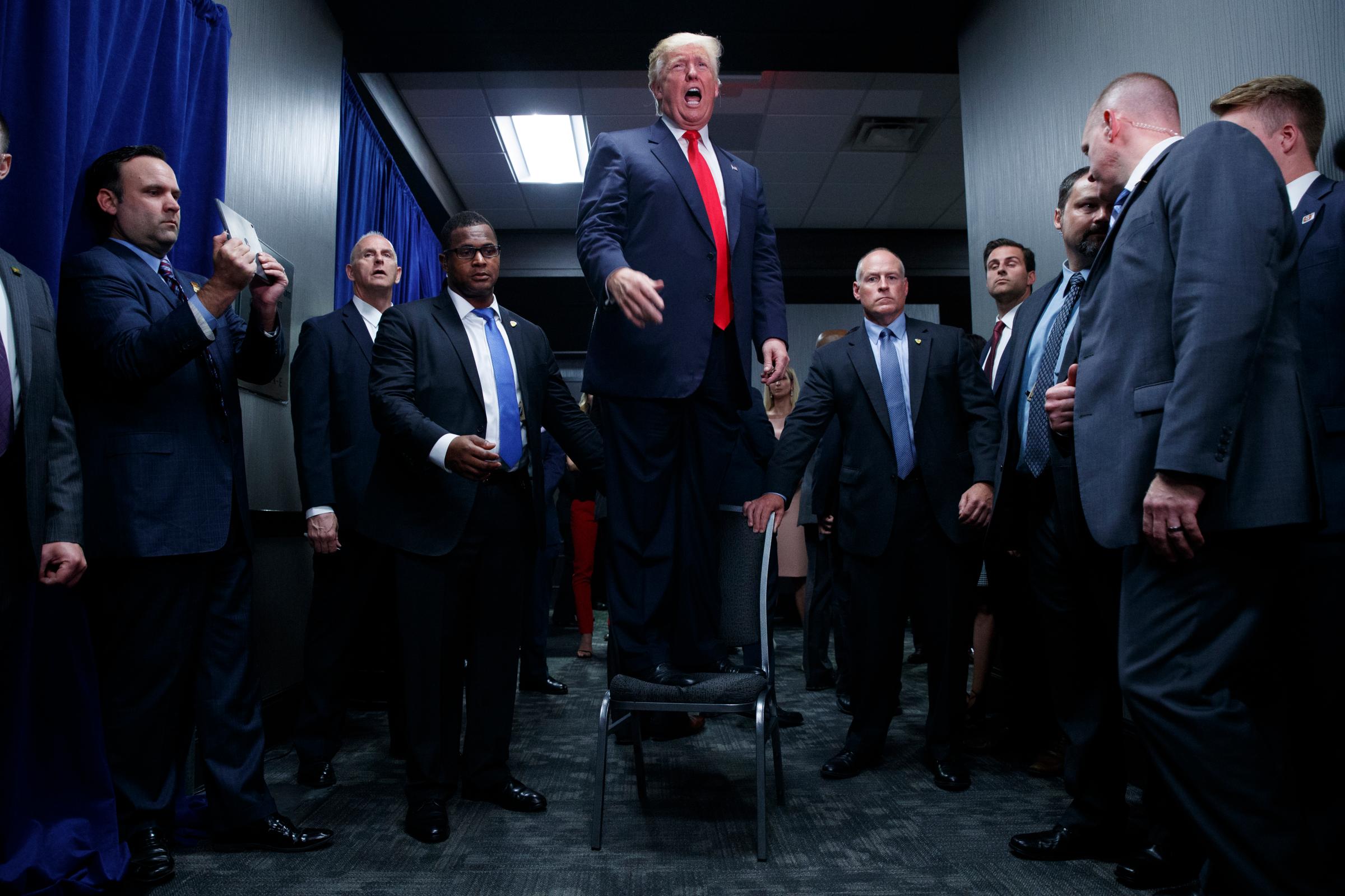
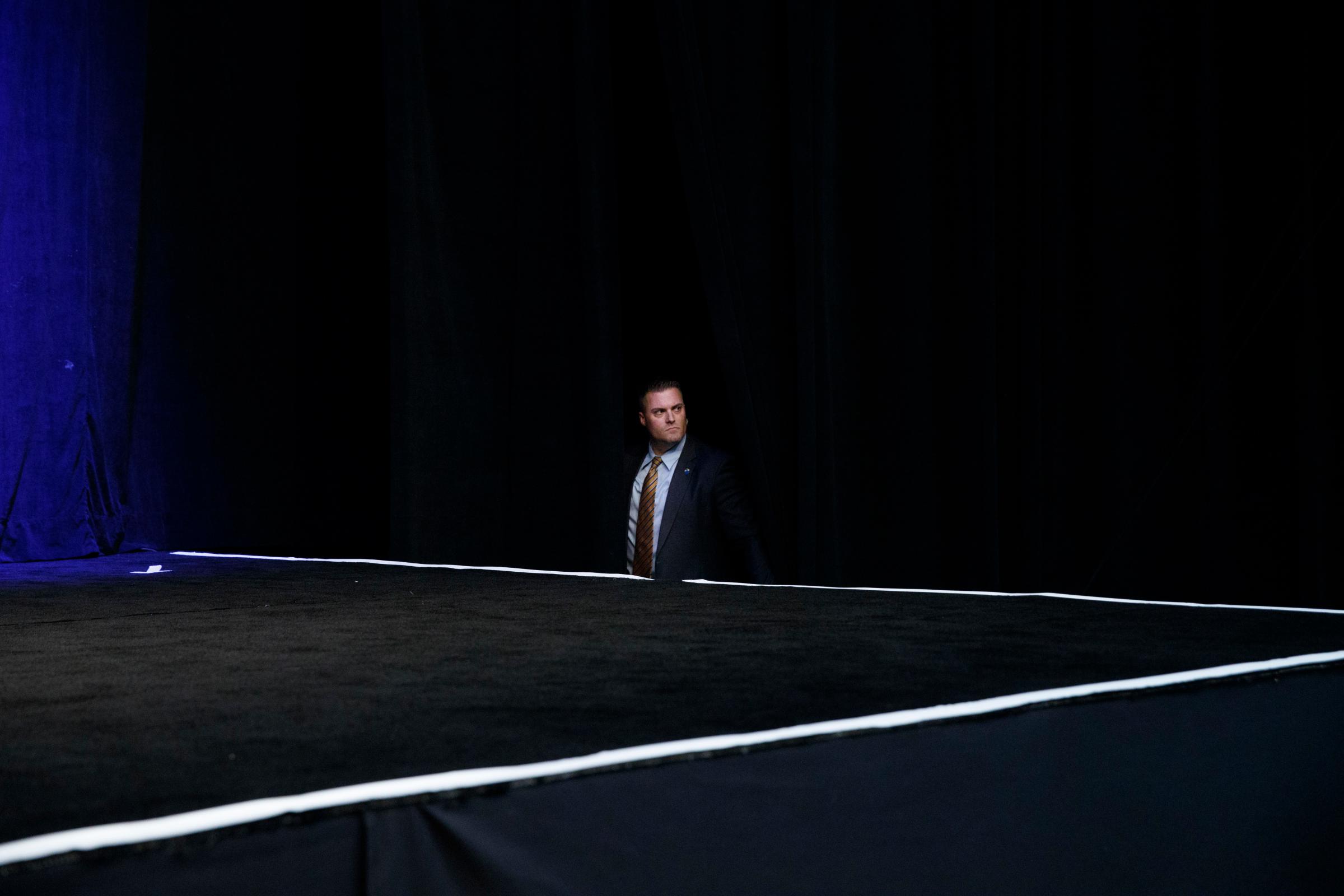
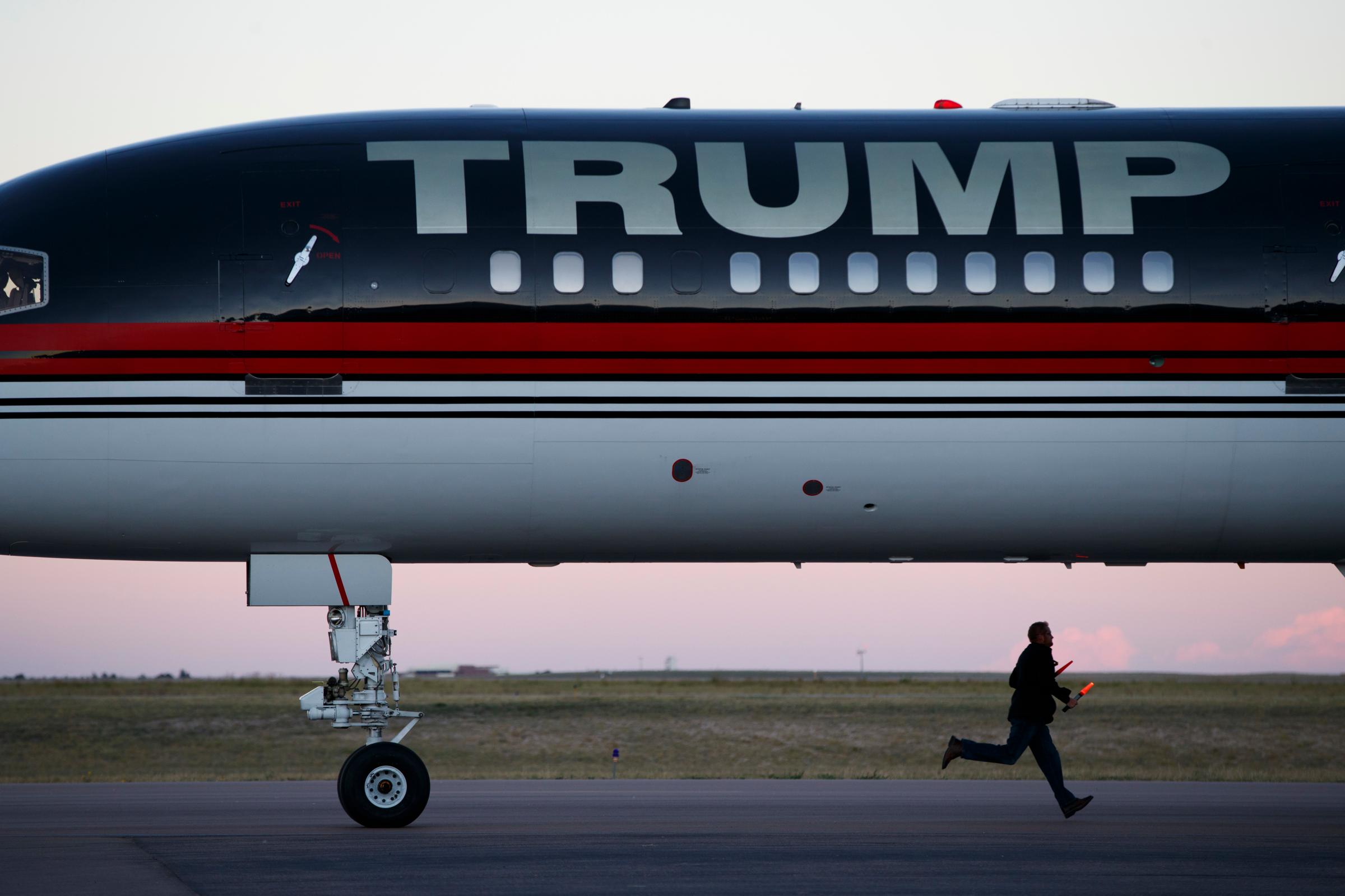
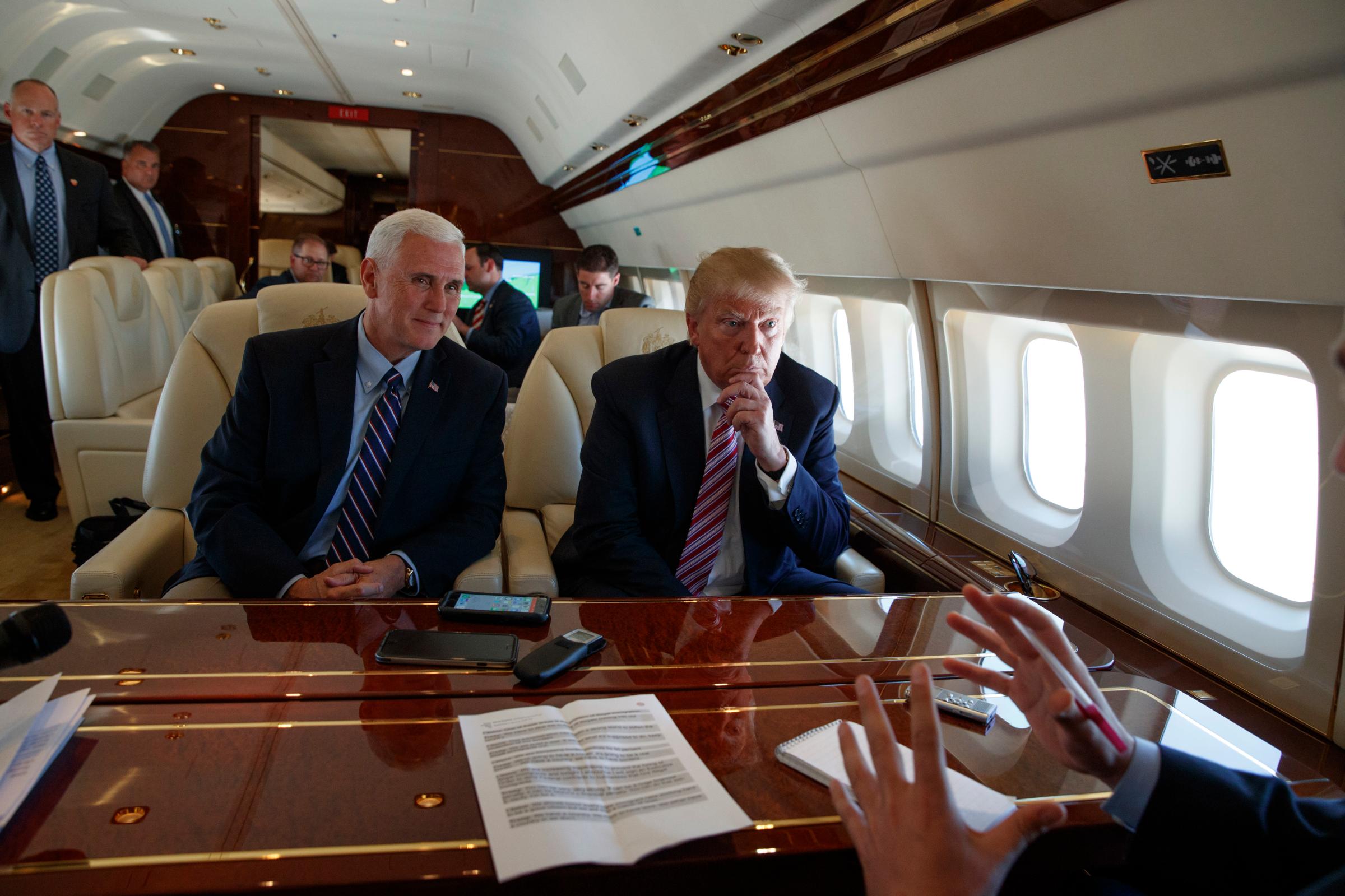
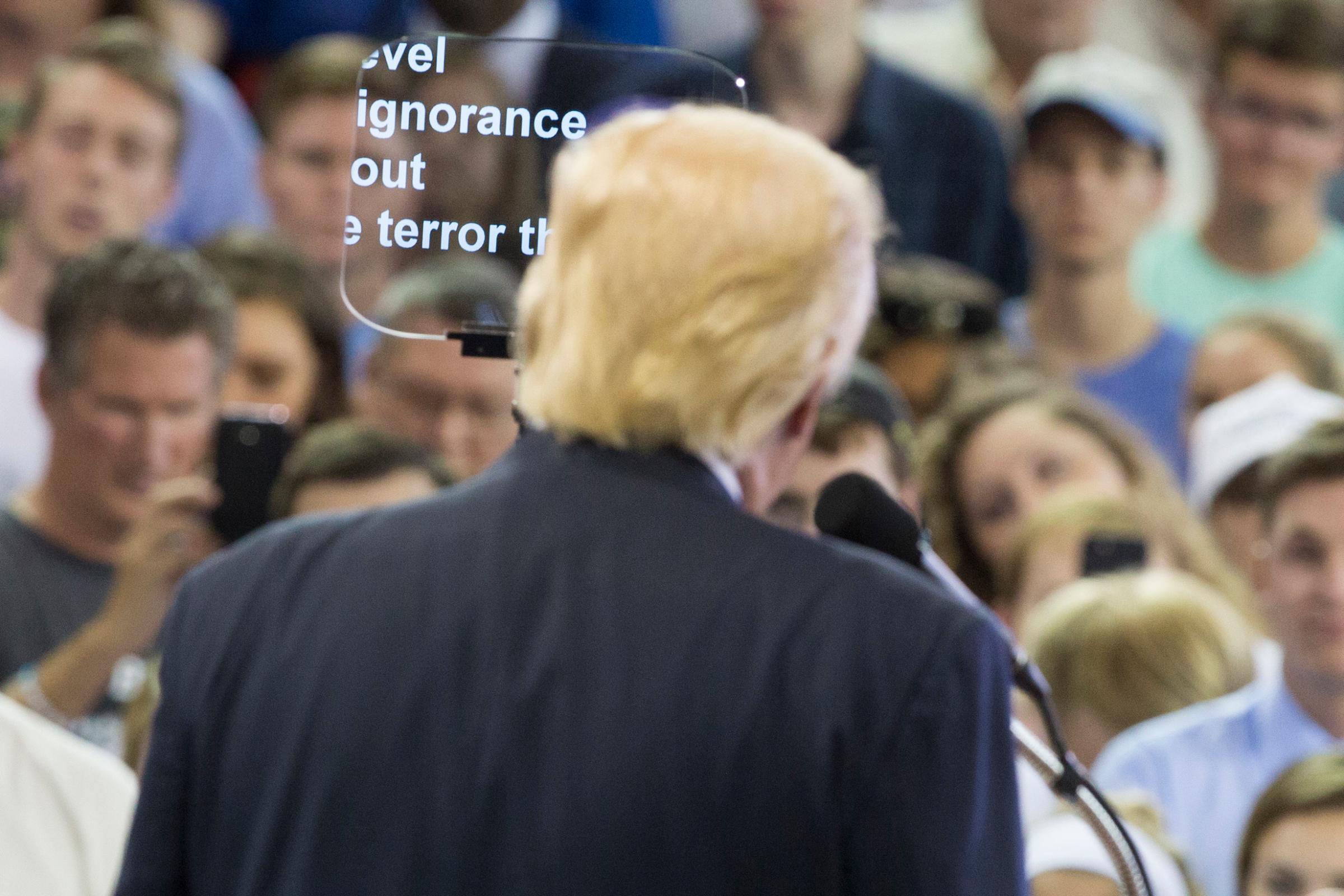
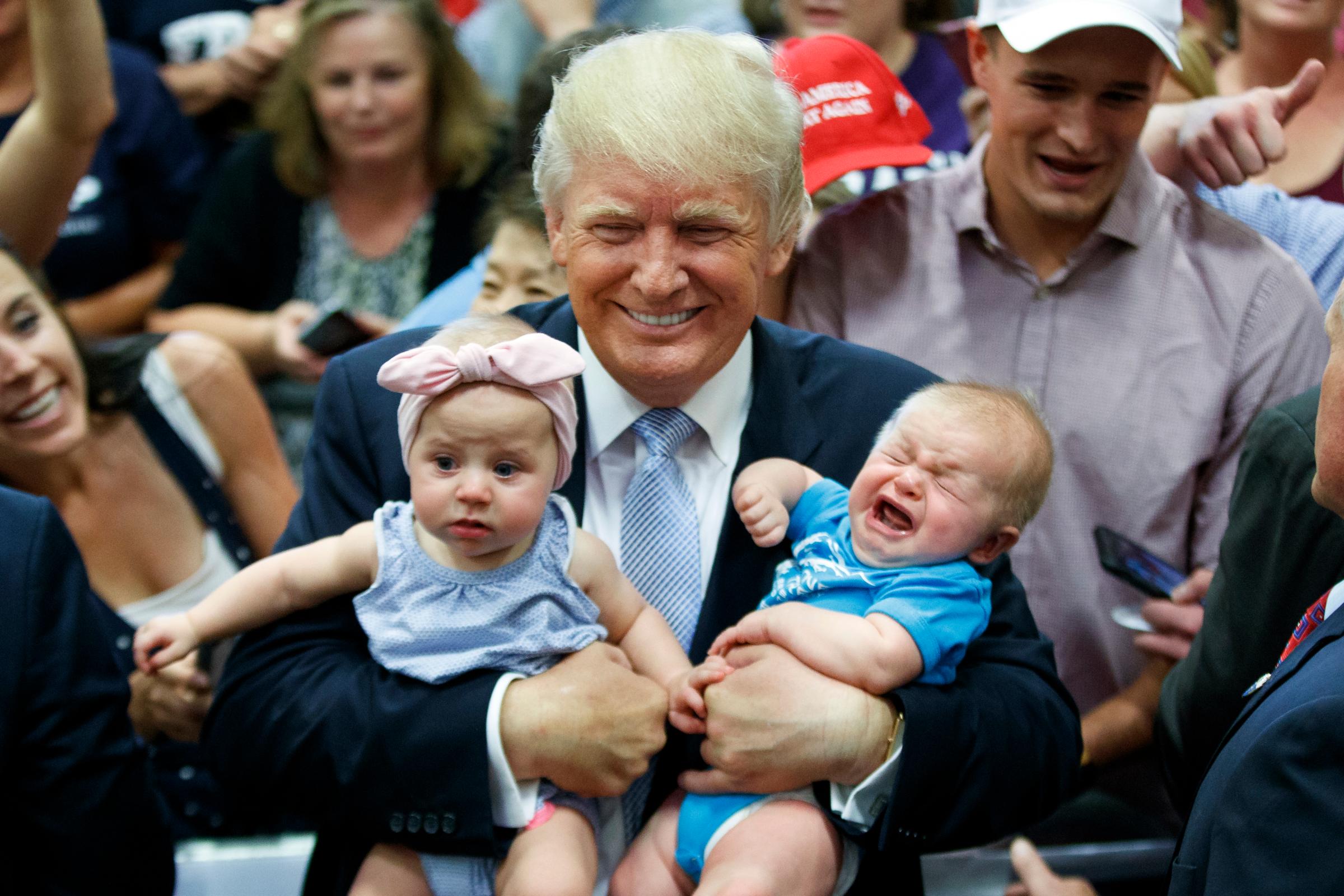
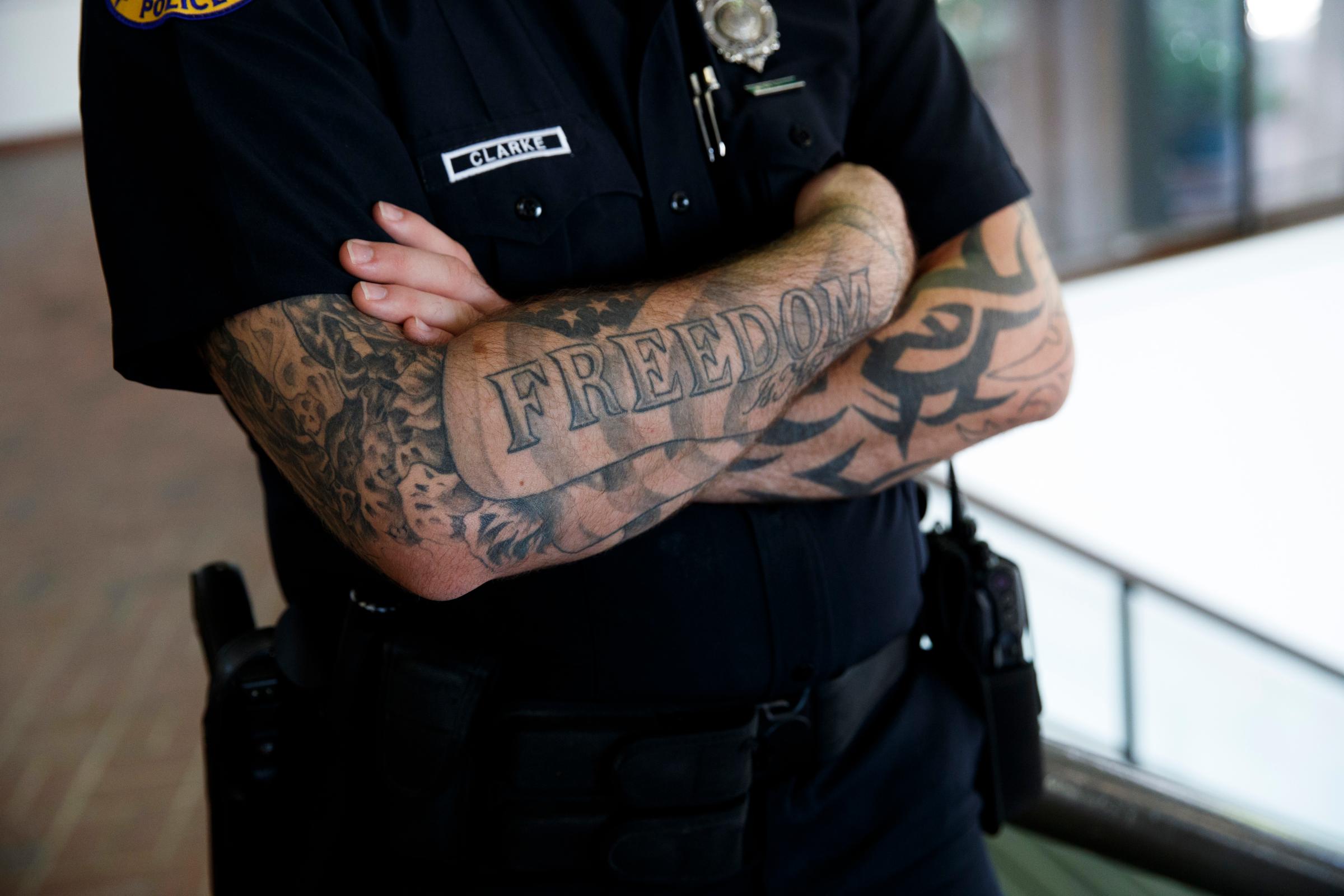
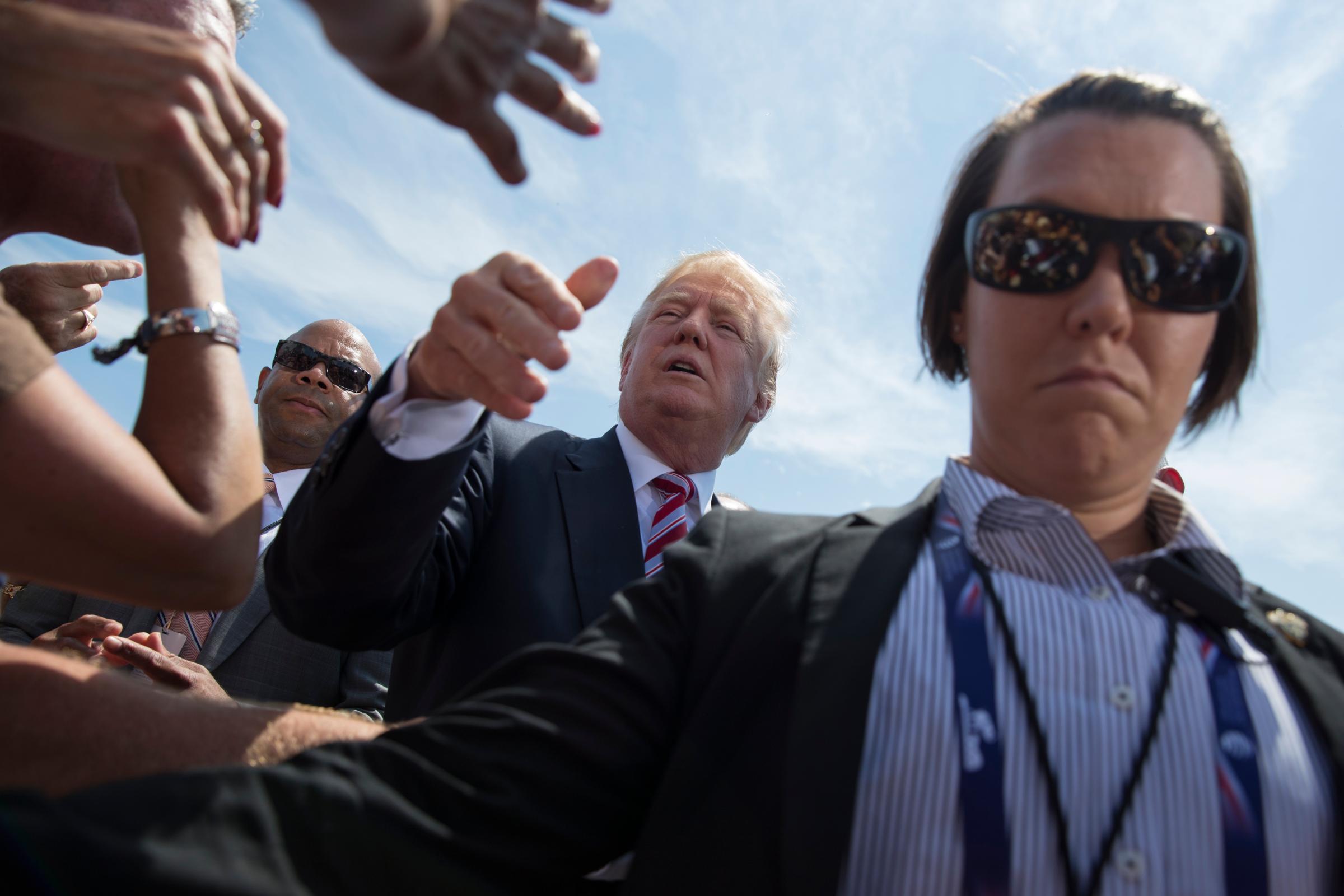
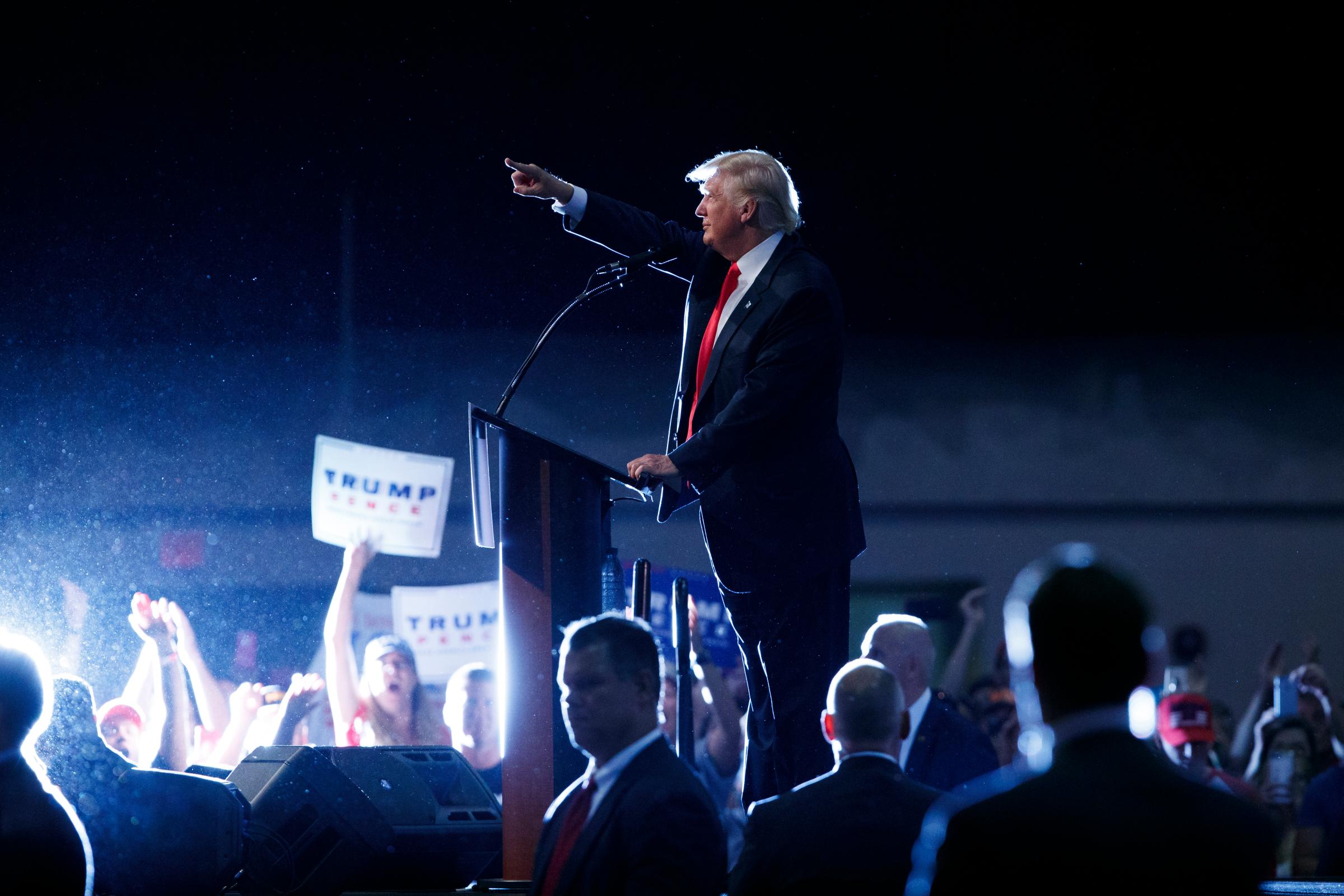
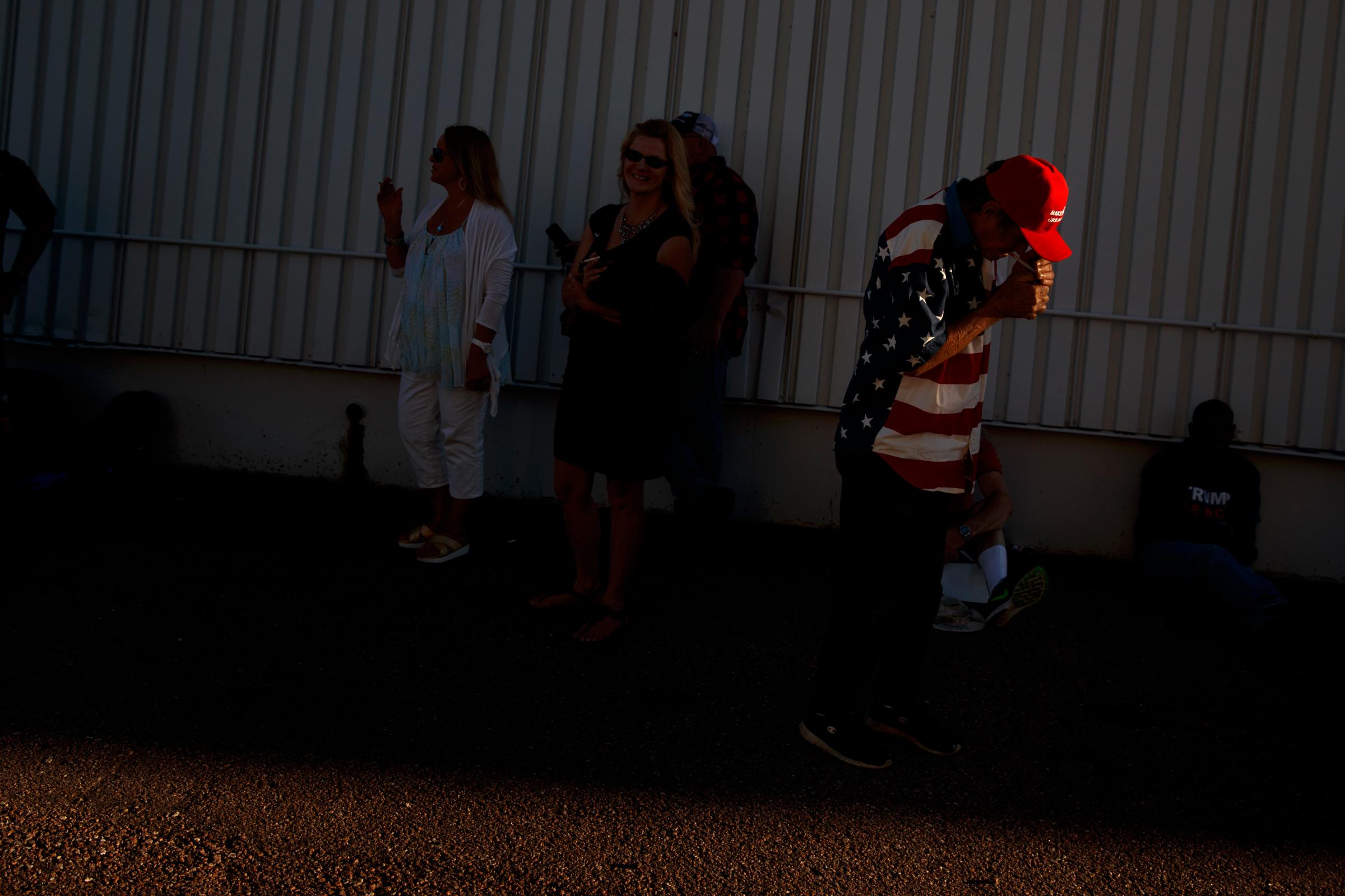
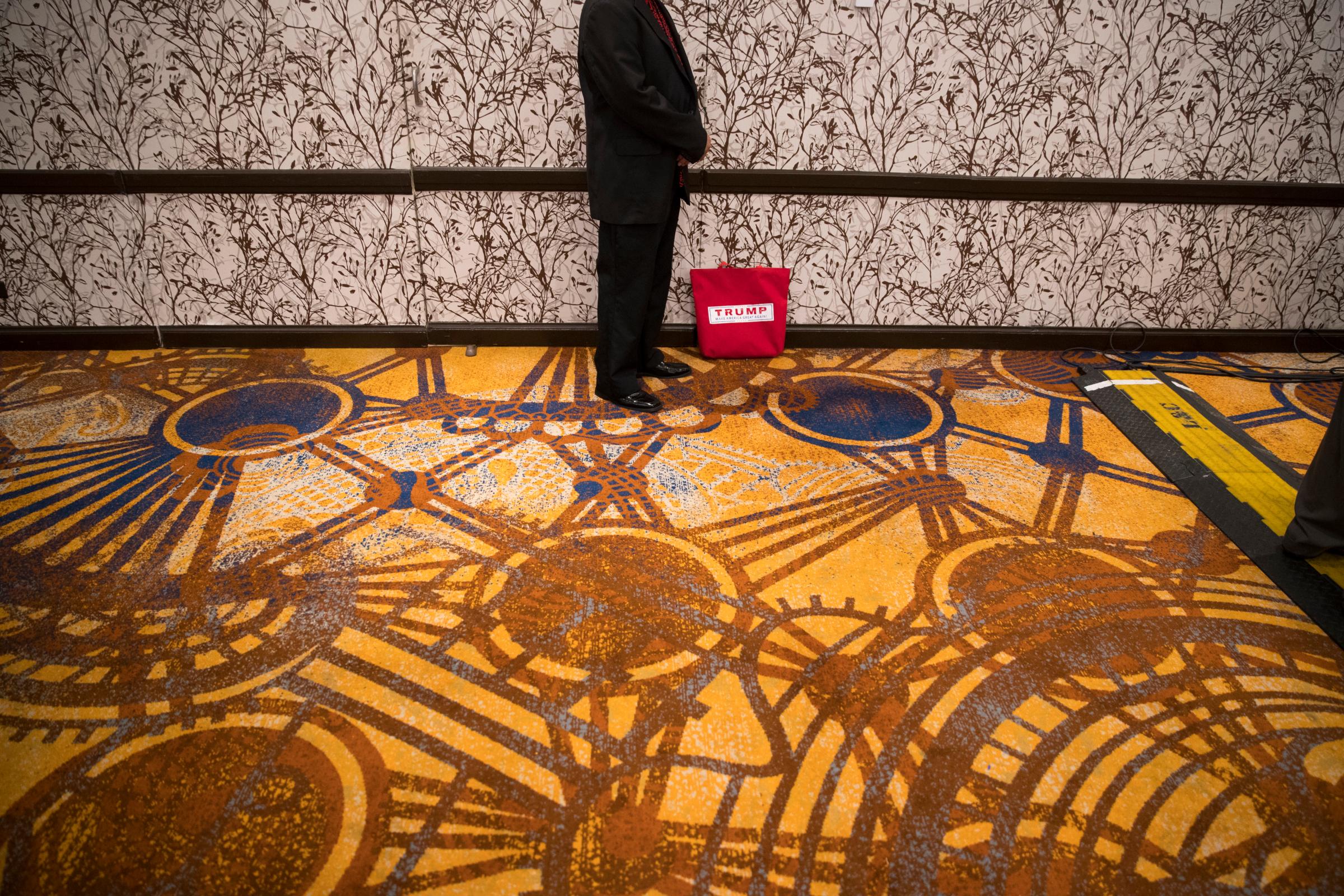
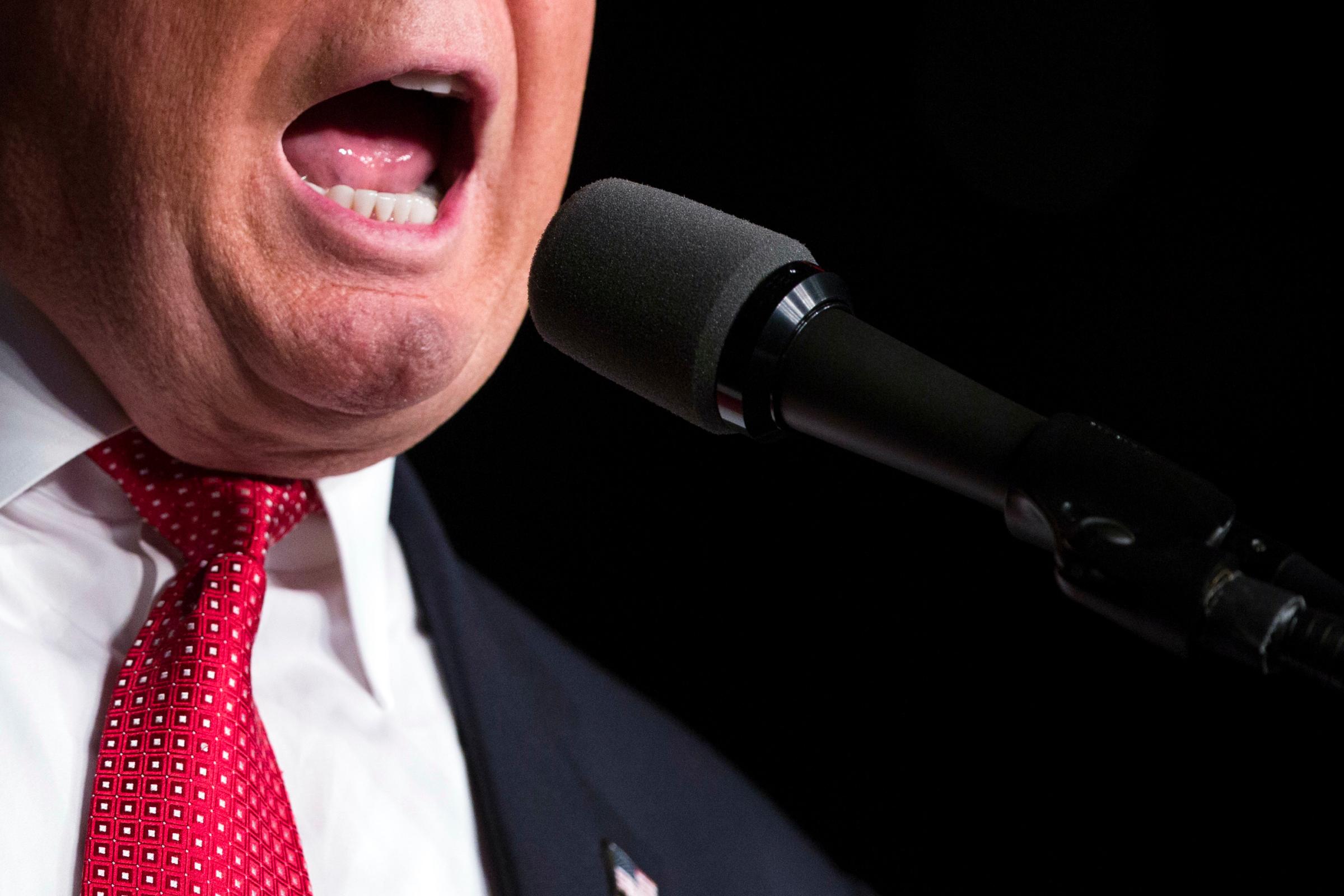
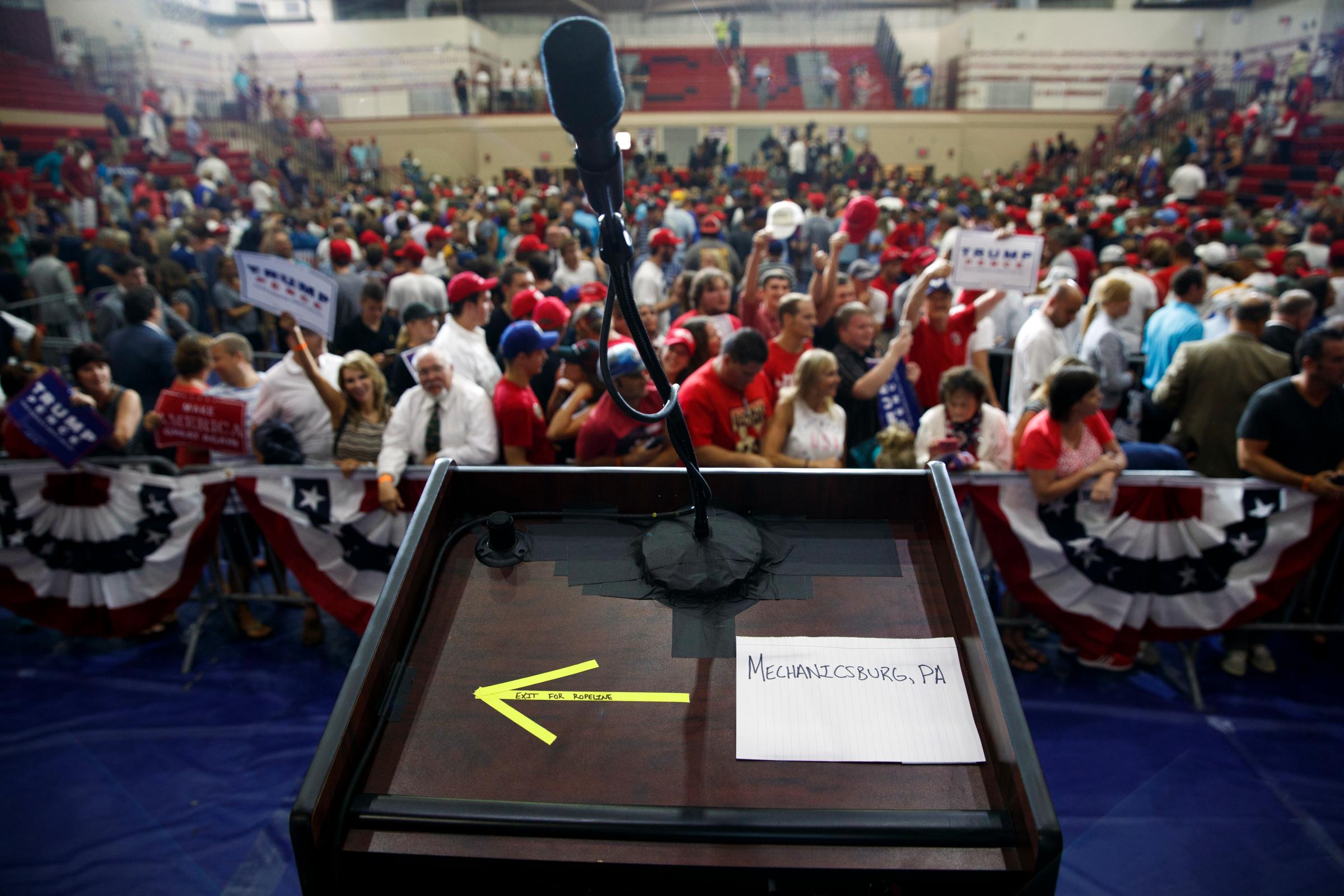
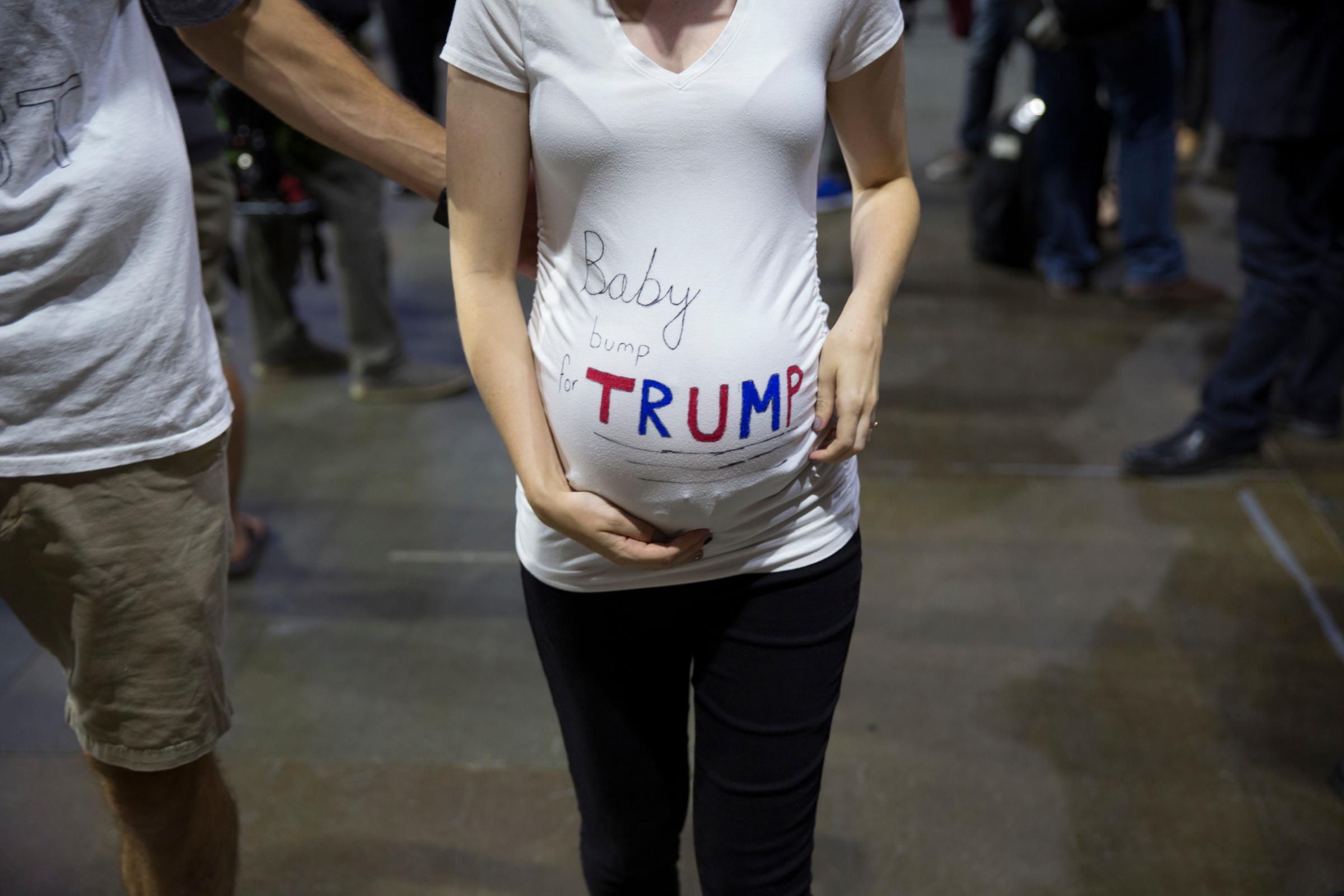
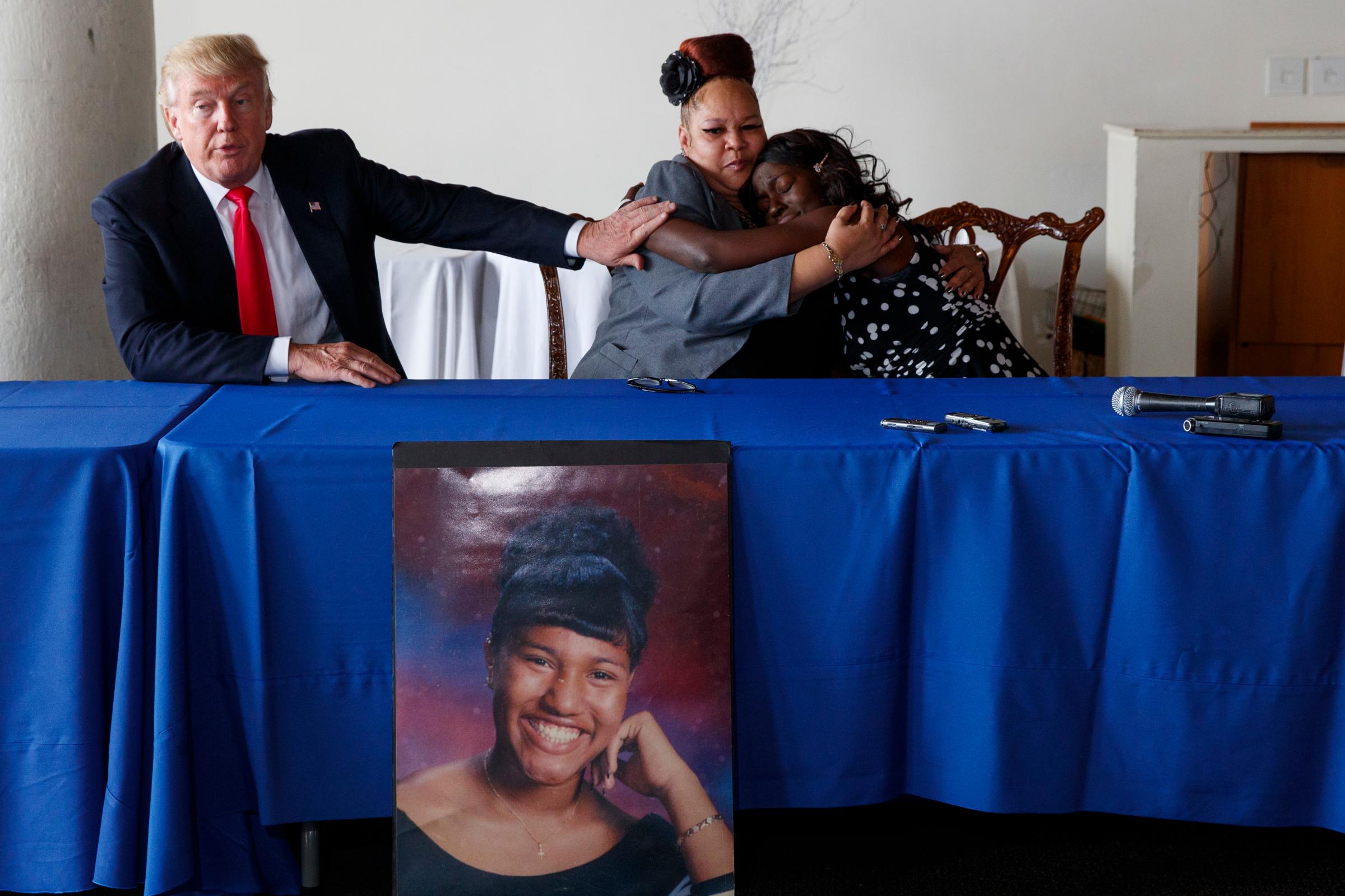
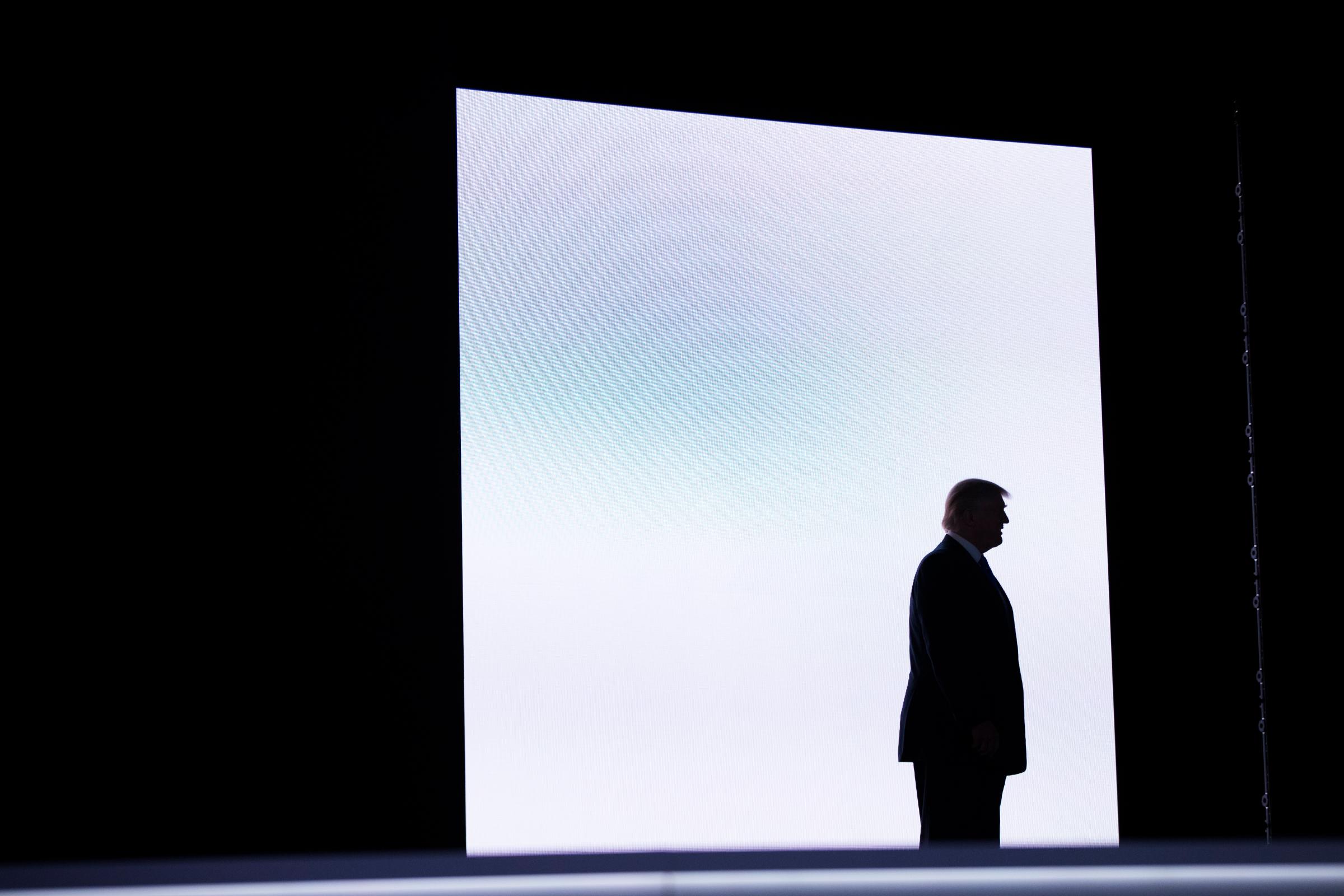
There were suggestions, no proof, but hints, certainly, that the Donald Trump who has emerged through the crucible of the campaign as President-elect is not the same as the one who closed out the campaign, with a defiant blitz of bombast that covered eight states in the final two days. The new Trump looked and sounded almost subdued. “It’s enormous,” he told Lesley Stahl of 60 Minutes during his first broadcast interview as President-elect a few days later. “I’ve done a lot of big things. I’ve never done anything like this.”
Instead of repeating his calls to imprison Hillary Clinton for behavior the FBI said didn’t rise to the level of indictment, he praised his rival and her husband, the ex-President, for their gracious phone calls after the upset. “I don’t want to hurt them. They are good people,” he told Stahl. He again mentioned that he’d work to save parts of Obamacare and not work for a wholesale repeal, though he had said such things before. And he suggested, once again, that he would reconsider his plan for mass deportations of those in the country illegally but had not committed violent crimes. As for the wall at the Mexican border, he signaled that he would be fine with fencing in some places.
But key features of the man had not changed. He still wanted to revisit trade deals and loved his Twitter account, which returned to frequent media criticism. In business and politics, Trump had always prided himself on unpredictability. “It’s a great form of communication. Now, do I say I’ll give it up entirely,” he told CBS. “I’m not saying I love it, but it does get the word out.” And he seemed to delight in the first week of his new power in keeping the country guessing. “I am the only one who knows who the finalists are!” he tweeted, discussing his Cabinet picks.
Two days after voters chose, when Trump flew to D.C. to meet with the man he would succeed, it was clear that the reality part of his great political reality show was setting in. He sounded sober and avoided eye contact after he and Barack Obama talked for an hour and a half about the weight of the world that would transfer from one man’s shoulders to the other’s. “This office has a way of waking you up,” Obama helpfully observed on Nov. 14. He emphasized the need for Trump to hire the best people for the really important jobs.
On the other hand, the ceremonial first visit was not exactly according to script. Ordinarily an incoming chief of staff and other top aides would accompany the President-elect to meet with their counterparts. This time, it was current White House chief of staff, Denis McDonough, taking a stroll along the South Lawn with Kushner. Also joining the White House tour? A spokeswoman and the social-media director.
But it was the announcement of Stephen K. Bannon, a former naval officer turned Goldman Sachs executive turned publisher of far-right vitriol, as chief strategist that signaled an astonishing departure from presidential norms. The sort of role once held by the storied likes of David Axelrod, Karl Rove and Ed Meese would now be filled by the executive chairman of the right-wing Breitbart, a website that has pushed racist, sexist, xenophobic and anti-Semitic material into the vein of the alt right. He is a warrior who has publicly called for a “virulently antiestablishment” populist movement and privately urged grassroots activists to hold Republican leaders accountable.
As ballast, Trump simultaneously anointed Reince Priebus–the affable chairman of the Republican National Committee who spent much of the campaign aiming to tame Trump’s less constructive instincts–as chief of staff. Over the course of the campaign, Priebus and his aides had developed a close working relationship with Kushner as they sought to keep Trump on message. The Wisconsinite spent his first days as Trump’s new chief undergoing an interesting internecine loyalty test, defending Bannon against complaints that he had stoked an agenda based on bigotry. Priebus, who is poised to become one of the most powerful aides in Washington, was stuck hearing revolting Breitbart headlines quoted at him. Priebus’ allies commiserated that this might be the new norm.
Both power centers explained Trump’s rise–the indifferent relationship with the truth and the long-cultivated Establishment willing to fritter away principle for its first national win in 12 years. And both camps had reason to think they would prevail as the larger team came together. It is not clear that Trump even knows how this story will end.
Once Trump picked a voice to whisper from each shoulder, the assembly of a government started in earnest. Phones were ringing in the stretch of luxury office buildings that keep rents high in downtown Washington. Those whose livelihood Trump promised to end were suddenly in demand for their skills and Rolodexes. Veterans of George W. Bush’s Administration–the last Republican to hold the presidency–heard from their pals now suddenly involved in the transition project. Those who answered were aghast that Trump had spent months belittling Bush and was now asking his loyalists to fill his Administration. The initial calls seldom lasted longer than two or three minutes, but the attempt that usually followed was a longer conversation. After all, both Presidents Bush had phoned Trump to offer their help for the good of the country.
Trump’s team realized that the rhetoric it had unleashed during its campaign was having consequences, and not just in the abstract. The insults Trump had hurled at Establishment Republicans left more than a sting, sometimes forcing his ad hoc HR department to knock on doors with hats in hand. Even jobs with bland titles hold huge hidden power. Backwater agencies affect everything from wait times at airports to the price of cheese, and Trump didn’t want to be blamed for disappointments.
Abroad, there were concerns too. Trump’s cavalier approach to foreign policy had left world leaders spooked. His decision to accept an impromptu visit from Brexit cheerleader Nigel Farage drew consternation from Downing Street. The U.S. foreign policy establishment, which largely shunned Trump, offered help. In victory, Trump’s team said no thank you in undiplomatic terms. “You lost” was the message relayed to former State Department counselor Eliot Cohen, who advised Condoleezza Rice but disliked either of his 2016 options. To his former colleagues, Cohen warned on Twitter: “Stay away. They’re angry, arrogant, screaming.”
Those still interested in the jobs were watching the names leaking from Trump Tower for clues. Power was coming back to the conservative political class, and proximity was the coin of the realm. The candidate who conceded he received his military advice from the generals on TV seemed poised to cast his top officials straight from Sunday-show bookings. There was no cohesive theme running through the leaks other than loyalty to Trump and star power.
Pence and Priebus had been hearing from Capitol Hill, where GOP leadership was frustrated by the slow pace of Trump’s transition effort and worried about lost opportunity. Senator Mitch McConnell, the Kentucky Republican who maintained a slight majority, signaled he would rather deal with Pence than Trump. “We all really like Pence,” McConnell told reporters on Nov. 9.
Maybe. Meanwhile, House Speaker Paul Ryan struck a more optimistic note, which no doubt conceals the coming fights between his conservative members and Trump over issues such as Medicare and Social Security reform. “Welcome to the dawn of a new, unified Republican government,” Ryan said instead, on Nov. 15.
Meanwhile, communications with the Obama White House all but ground to a halt after the Christie shake-up. Christie’s ouster required Pence to sign a new transition agreement. It wasn’t until late on Nov. 15 that the replacement copy made its way to the Administration, with the White House still waiting for the transition group’s ethics statement, which prohibits lobbyists from serving in areas where they have business interests. More than a week after Election Day, binders of handoff materials from the Administration sat in waiting for the Trump team. None of the officials responsible for agency transitions between Teams Trump and Obama had met, and some hadn’t even been named.
Such missteps were normal during the campaign, but the stakes were never as high. “Either he is going to be the fastest study in the world, or Mike Pence is going to be President,” said Elaine Kamarck, a former Clinton White House aide whose most recent book, Why Presidents Fail, should be required reading in Trump Tower.
On election night, when a veteran adviser turned to congratulate him with the title he was soon to earn, Mr. President, Trump stopped him. “Not yet,” he said. He can only say that for so much longer.
Trump’s inner circle
The President-elect won the White House with a small cadre of loyal aides, many of whom are set to play key roles in his Administration.
Reince Priebus
The chairman of the Republican National Committee will serve as Trump’s chief of staff. A key ally of House Speaker Paul Ryan, Priebus was a comforting choice for the GOP establishment.
Stephen K. Bannon
Hired as Trump’s campaign CEO in August, Bannon will become chief strategist in the West Wing. He previously ran Breitbart, a website he called ‘the platform for the alt-right.’
Mike Pence
The Vice President–elect’s job during the campaign was to reassure wary Republicans. As chair of the presidential transition team, he’s now serving as chief liaison to the GOP-controlled Congress.
Kellyanne Conway
A ubiquitious television presence and Trump’s premier surrogate, the former campaign manager is weighing whether to enter the Administration or to advise it from the outside.
Jared Kushner
Ivanka Trump’s husband has emerged as one of his father-in-law’s most trusted advisers. He is expected to play an important role in the White House.
Retired lieut. general Michael Flynn
A vocal ally, the former Defense Intelligence Agency director briefs Trump on global affairs and is likely to be named National Security Adviser.
Correction: The original version of this story misstated who called Mike Rogers in an effort to bring him back onto the presidential transition team. It was Vice President-elect Mike Pence.
More Must-Reads From TIME
- The 100 Most Influential People of 2024
- Coco Gauff Is Playing for Herself Now
- Scenes From Pro-Palestinian Encampments Across U.S. Universities
- 6 Compliments That Land Every Time
- If You're Dating Right Now , You're Brave: Column
- The AI That Could Heal a Divided Internet
- Fallout Is a Brilliant Model for the Future of Video Game Adaptations
- Want Weekly Recs on What to Watch, Read, and More? Sign Up for Worth Your Time
Write to Philip Elliott at philip.elliott@time.com